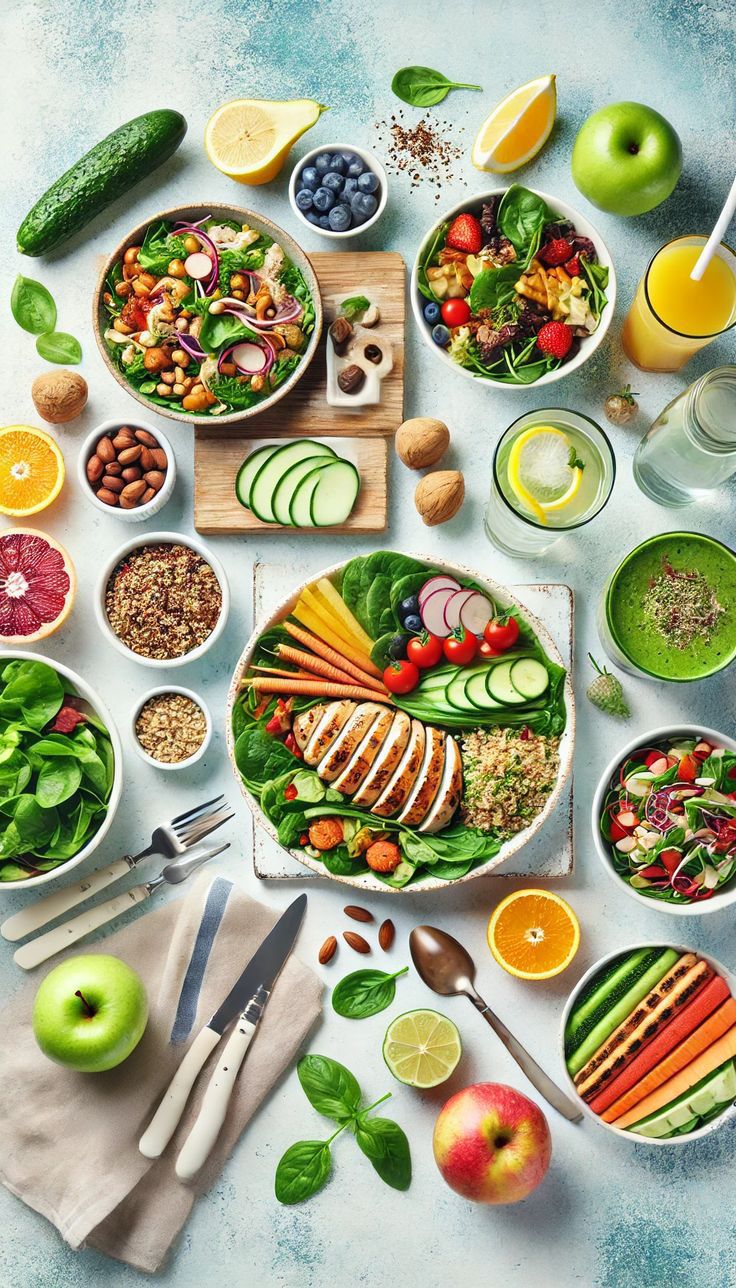Foodgasm: A delicious path to mental health
- 30 July 2025
Whenever I feel down, a good cupcake sounds like an amazing plan!
A warm cup of chai in winters, biryani for dinner, hot chocolate during periods, these can help you instantly lift your spirit.
What we eat can have a significant impact on our mental health, giving us the term ‘Foodgasm’, which means the pleasure and satisfaction felt while eating delicious food. The combination of “food” and “orgasm” symbolises a peak moment of culinary delight. In psychological terms, it can also be called ‘Gustatory pleasure’.
The connection between the brain and food can be witnessed in such instances, our brain requires specific nutrients to function properly. Food contributes to a healthier mind and better mood through:
Boosting happy brain chemicals: Certain foods help in the production of neurotransmitters like serotonin and dopamine, also known as ‘Happy chemicals’. Foods rich in tryptophan (like turkey and bananas) improve mood and reduce feelings of anxiety by releasing serotonin.
Stabilising blood sugar levels: Eating whole grains, fruits, and vegetables helps maintain steady blood sugar levels. It prevents mood swings, irritability, and fatigue caused by fluctuating blood sugar.
Reducing stress and anxiety: Foods rich in magnesium (like dark leafy greens and nuts) and antioxidants (berries, dark chocolate) help reduce stress hormones and protect the brain from oxidative stress. This makes you feel calmer and more relaxed.
Better gut health: The gut and brain are deeply connected through the gut-brain axis. A healthy gut produces neurotransmitters like serotonin and influences mental health. Probiotic-rich foods like yoghurt and kimchi support gut health, which in turn supports a happier brain.
Reduces inflammation: Chronic inflammation can lead to depression and other mental issues. Food, including anti-inflammatory properties, like leafy greens and nuts, can help lower inflammation, leading to better brain function and a better mood.
Stable energy levels: Complex carbs provide a steady source of energy for our daily lives, help us stay sharp and alert, and prevent fatigue. Vitamin B in whole grains and avocados helps produce energy and reduce fatigue.
Better sleep: Foods like almonds, cherries, and turkey promote better sleep by aiding in the production of melatonin and serotonin. A well-rested mind is a happier mind.
What to eat to achieve all the nutrients essential for a healthy body and mind:
Omega 3 fatty acids: Enjoy fish dishes such as salmon and mackerel, flaxseeds, walnut brownies and so on as they contain omega 3 that reduces inflammation and reduces depression symptoms; they also help in building brain cell membranes, protecting the brain.
Complex carbohydrates: Whole grains such as oats and brown rice, potatoes, and legumes.
Antioxidant-rich foods: Berries (blueberries and strawberries), dark chocolate, and green tea. This protects your brain from oxidative stress, thus reducing ageing and mental decline.
Probiotics: Yogurt, kefir, sauerkraut and other fermented foods. They are good for your guts.
Leafy greens: spinach, kale, broccoli, etc., are packed with vitamins and minerals.
Nuts and seeds: Almonds, walnuts, chia seeds and flaxseeds are sources of vitamin E, essential for protecting brain cells from damage. They also contain magnesium.
Try these famous dishes for a wholesome experience, as they have the taste as well as the Nutrition required for good mental health:
Mediterranean Buddha bowl: it includes omega-3 fatty acids, antioxidants, fibre, quinoa (for steady energy), avocado (healthy fats), chickpeas (for magnesium), and a variety of colourful Veggies for a nutrient boost.
Salmon Sushi Rolls: Sushi made with salmon (high in omega-3 fatty acids), Nori (seaweed) contains iodine. Avocado toast with eggs: Whole grain, vit B, eggs that add choline.
Dark chocolate and Berry parfait: Layer Greek yoghurt (probiotic-rich) with fresh berries (antioxidants) and shaved dark chocolate (flavonoids that boost serotonin).
Vegetable Stir-Fry with Tofu and Turmeric Rice: This dish combines turmeric rice (anti-inflammatory), tofu (plant-based protein), and a medley of veggies like broccoli, carrots, and peppers (vitamins and fibre).
Chicken Pho (Vietnamese Soup): A warm, flavourful broth made with chicken, ginger, herbs, and rice noodles. Ginger boosts immunity, while the broth is soothing and hydrating.
Spinach and mushroom omelette: Spinach is rich in minerals; mushrooms provide vitamins D, and eggs add protein and choline.
Banana almond smoothie: Bananas are rich in tryptophan and potassium.
Turmeric latte: Add warm milk, turmeric, a touch of honey, and cinnamon. It reduces inflammation, while cinnamon improves blood flow.
Your love for food should be accompanied by a few habits for good mental and physical health: ★ Stay hydrated
★ Eat a variety of fruits and vegetables, ensuring a wide range of nutrients
★ Try to limit sugar and processed foods as much as possible
★ Practice mindful eating, eating isn’t just about nutrition, it is also about enjoying the flavour and the moment of happiness.
Pay attention to what you are eating and savour every bite; this enhances your eating experience and improves digestion. Go ahead and indulge in the world of food, always remember that the food is not only nourishing your body, but also your mind. Hope you try out the multiple flavours while savouring it!
